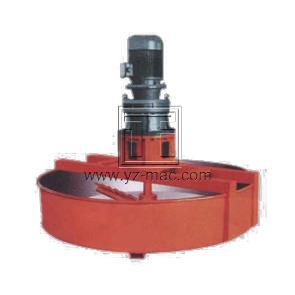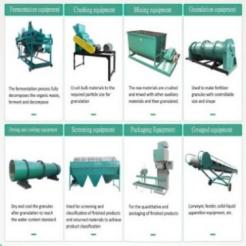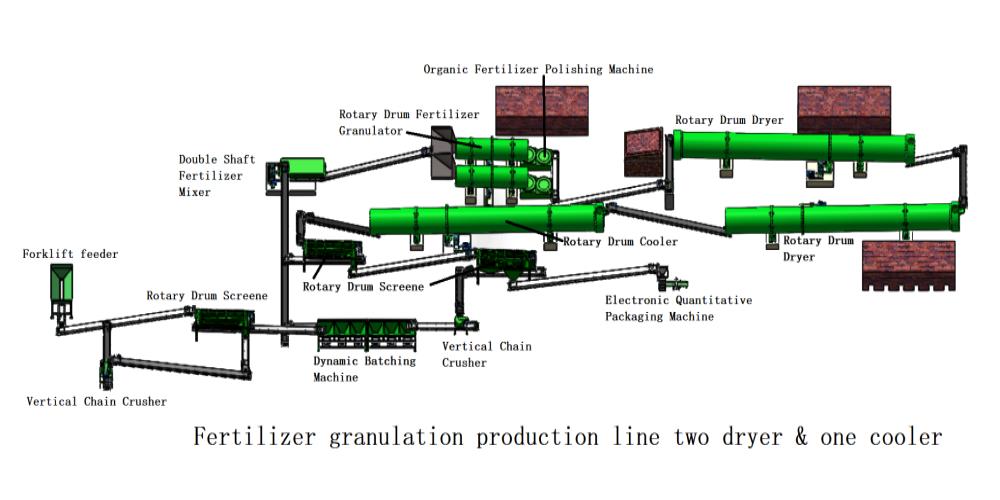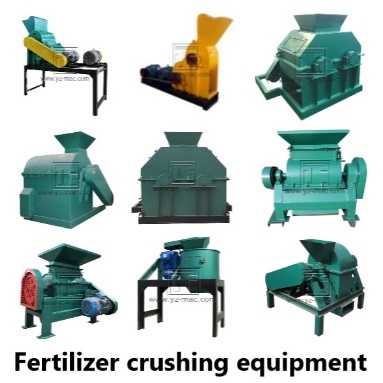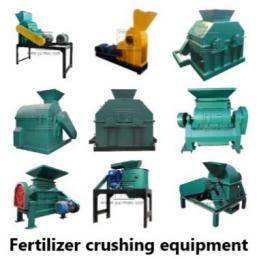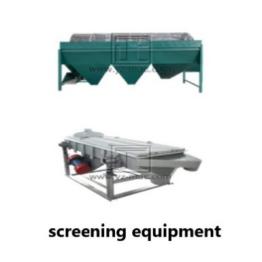Disc fertilizer granulator machine
The disc fertilizer granulator machine is a specialized equipment designed for efficient granulation of fertilizer materials. It plays a crucial role in the production of high-quality granular fertilizers, which provide essential nutrients to crops in a controlled and balanced manner.
Benefits of the Disc Fertilizer Granulator Machine:
Uniform Granule Size: The disc fertilizer granulator machine produces granules with a consistent size, ensuring uniform nutrient distribution and application. This promotes even crop growth and nutrient uptake, leading to improved yield and quality.
Enhanced Nutrient Efficiency: Granular fertilizers produced by the disc granulator machine have a higher nutrient concentration compared to powdered or raw materials. This allows for more efficient nutrient absorption by crops, minimizing nutrient loss and maximizing plant utilization.
Controlled Release of Nutrients: The disc granulator machine enables the incorporation of additives or coating materials during the granulation process. This facilitates the controlled release of nutrients, extending their availability over time and reducing the risk of nutrient leaching or runoff.
Improved Handling and Application: Granular fertilizers produced by the disc granulator machine are easy to handle, store, and apply. The uniform granule size ensures smooth spreading and reduces the risk of clogging or uneven distribution, making the fertilization process more efficient.
Working Principle of the Disc Fertilizer Granulator Machine:
The disc fertilizer granulator machine operates based on a rotating disc and a series of inclined or angled disc sections. The fertilizer materials are fed onto the rotating disc, where they undergo a rolling motion. As the materials roll and move along the disc surface, the centrifugal force and friction cause them to agglomerate and form granules. The size of the granules is determined by the inclination angle, disc speed, and moisture content of the materials.
Applications of the Disc Fertilizer Granulator Machine:
Agricultural Crop Production: The disc granulator machine is widely used in agricultural crop production to produce granular fertilizers. These fertilizers supply essential nutrients, such as nitrogen, phosphorus, and potassium, to crops in a form that is readily available for uptake. Granular fertilizers are suitable for a variety of crops, including grains, vegetables, fruits, and ornamental plants.
Horticulture and Gardening: The disc granulator machine is also applicable in horticulture and gardening for the production of granular fertilizers. These fertilizers support the growth of flowers, trees, shrubs, and potted plants, providing them with the necessary nutrients for healthy development and abundant blooms.
Organic Fertilizer Production: In organic farming and sustainable agriculture, the disc granulator machine is used to produce granular organic fertilizers. It converts organic materials, such as animal manure, crop residues, and compost, into granules rich in organic matter and essential nutrients. These organic fertilizers improve soil fertility, enhance microbial activity, and promote environmentally friendly farming practices.
Customized Fertilizer Formulations: The disc granulator machine allows for the production of customized fertilizer formulations by incorporating multiple nutrient sources, additives, or coating materials. This flexibility enables the manufacturing of specialized fertilizers tailored to specific crop requirements or soil conditions.
The disc fertilizer granulator machine is a valuable tool for efficient granulation in the fertilizer industry. With benefits such as uniform granule size, enhanced nutrient efficiency, controlled release of nutrients, and improved handling and application, it plays a vital role in agricultural crop production, horticulture, gardening, organic farming, and customized fertilizer formulations. By utilizing the disc granulator machine, farmers and growers can ensure optimal nutrient supply to their crops, leading to increased productivity, improved plant health, and sustainable agricultural practices.


